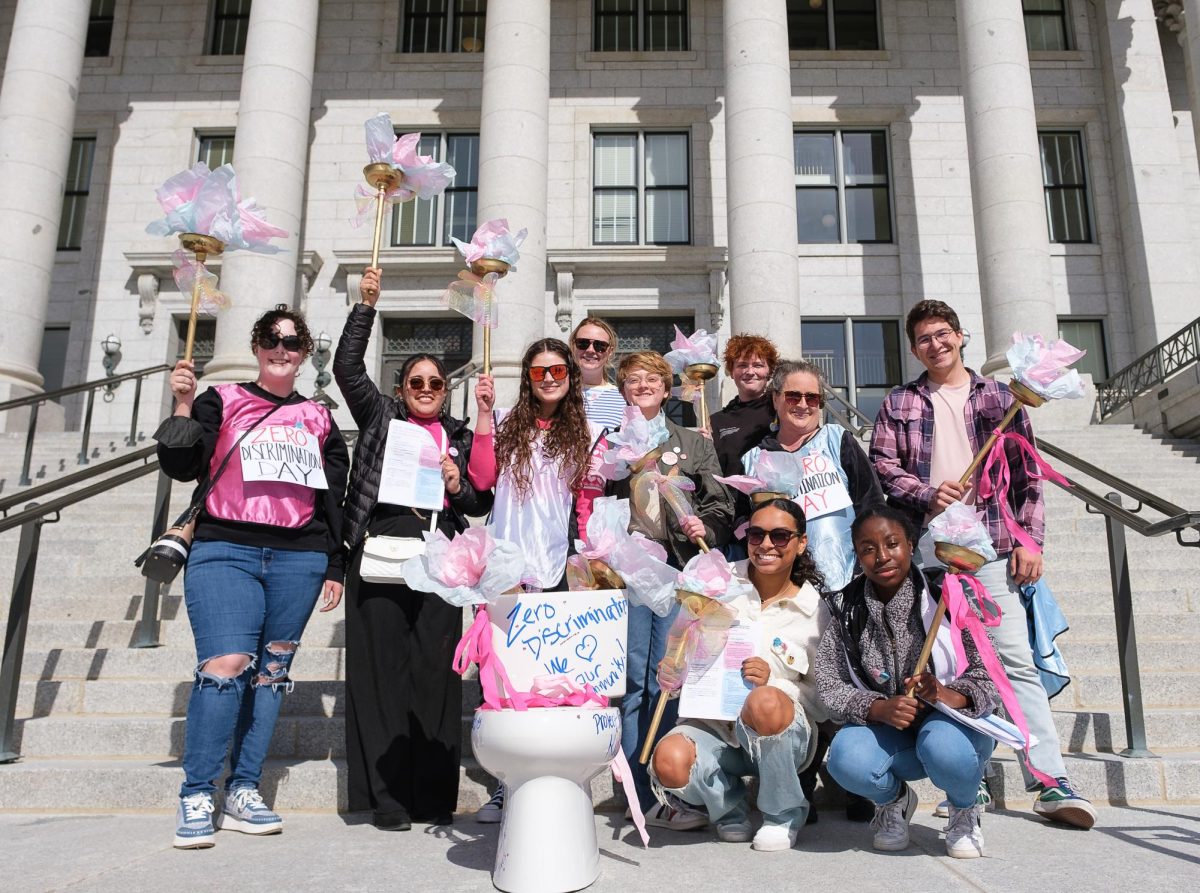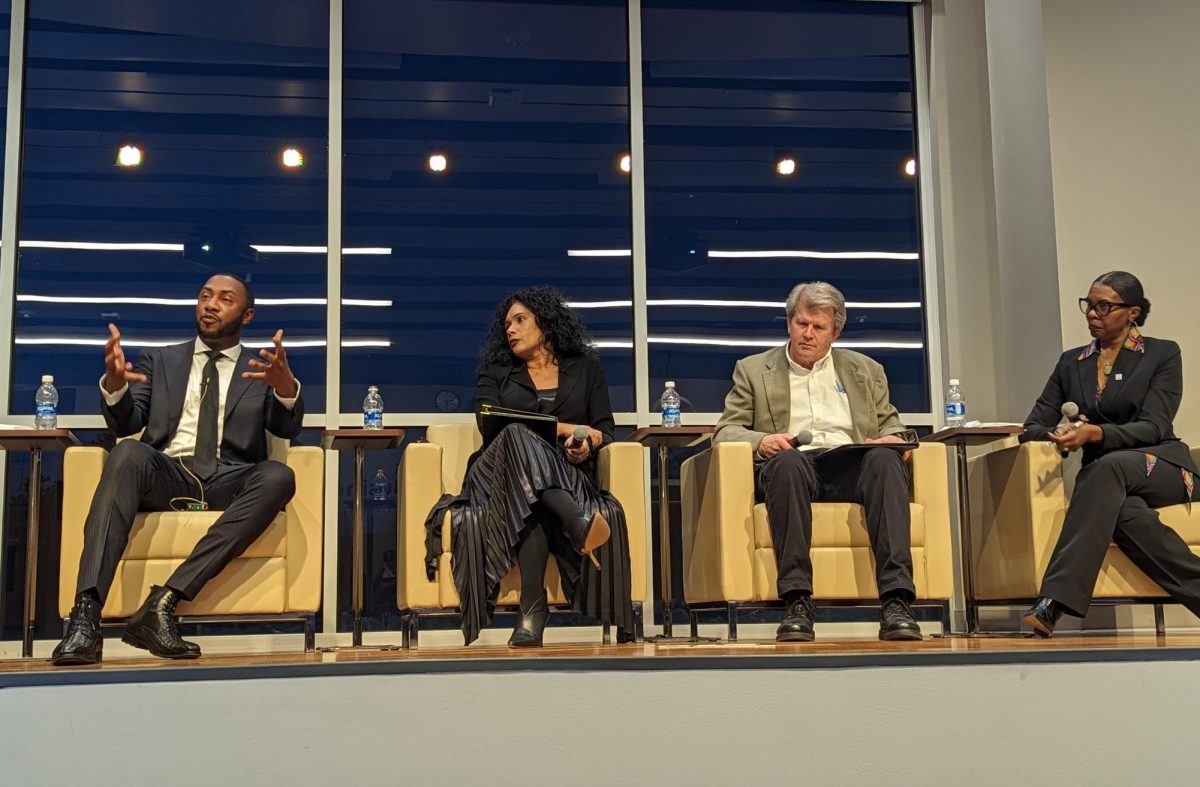
On April 10, the United States 10th Circuit Court of Appeals will hear the oral arguments for Kitchen v. Herbert, Kitchen’s lawsuit against the state of Utah, which will decide the future of same-sex marriage in Utah.
In March 2013, Kitchen, his partner and two other same-sex couples co-filed a federal lawsuit against Utah Gov. Gary Herbert, former Attorney General John Swallow and Salt Lake County Clerk Sherrie Swenson. The plaintiffs charged Herbert and the other defendants with unconstitutionally denying same-sex couples of their rights to due process and equal protection under the law, protected by the 14th Amendment of the U.S. Constitution.
After months of waiting, the case was decided in December 2013 in Utah’s federal district court. Federal judge Robert J. Shelby ruled in favor of Kitchen and the other plaintiffs, writing, “Utah’s prohibition on same-sex marriage conflicts with the United States Constitution’s guarantees of equal protection and due process under the law… Accordingly, the court finds that these laws are unconstitutional.”
Shelby’s ruling struck down Amendment 3, a 2004 amendment to Utah’s Constitution that defines marriage as being between “one man and one woman.” For a brief period, the ruling allowed same-sex marriages to be performed and recognized in Utah. However, the state of Utah quickly appealed the decision to the U.S. Court of Appeals and refused to perform or recognize same-sex marriages until the case was heard.
Three randomly drawn federal judges will review legal briefs, hear attorneys’ oral arguments and ultimately decide the constitutionality of Utah’s Amendment 3.
However, whatever the appellate court’s decision, U law professor Clifford Rosky is confident it will be appealed again.
“There’s no question the decision will be appealed to the Supreme Court,” Rosky said.
While the Supreme Court is not forced to grant either side an appeal, Rosky believes the issue is important enough that the Supreme Court will likely agree to hear it. Federal judges have struck down same-sex marriage bans in seven states since December, and many of these states have already begun the appeals process. Rosky said one of these cases will likely arrive at the Supreme Court within a year.
Tim Chambless, professor of political science, agreed that regardless of the outcome, the loser will appeal to the nation’s highest court.
“Your guess is as good as mine as to [the circuit court’s] judgement,” he said.
Rosky is optimistic about the decisions of both the Court of Appeals and the Supreme Court. He said their 2013 rulings against the Defense of Marriage Act set a positive precedent.
“When the Supreme Court struck down DOMA, they said the law humiliated tens of thousands of children being raised by same-sex parents,” Rosky said. “The same is true of state laws, so I expect the same results.”
Rosky also noted the presence of the word “humiliate” in the official ruling.
“Laws like that aren’t typically found to be constitutional,” he said. “It doesn’t take a lawyer to figure out what that means for the future of marriage.”
Chambless said that if he had to make a prediction, he would bet that same-sex marriage will become law — and if not now, certainly within the next ten or 25 years.
“I think due process and equal protection arguments apply here, to same-sex marriage,” he said. “There is no harm. Those who are already married or plan to marry, who think in terms of ‘traditional marriage,’ cannot show a harm to their own marriage or to society.”
[email protected]
















